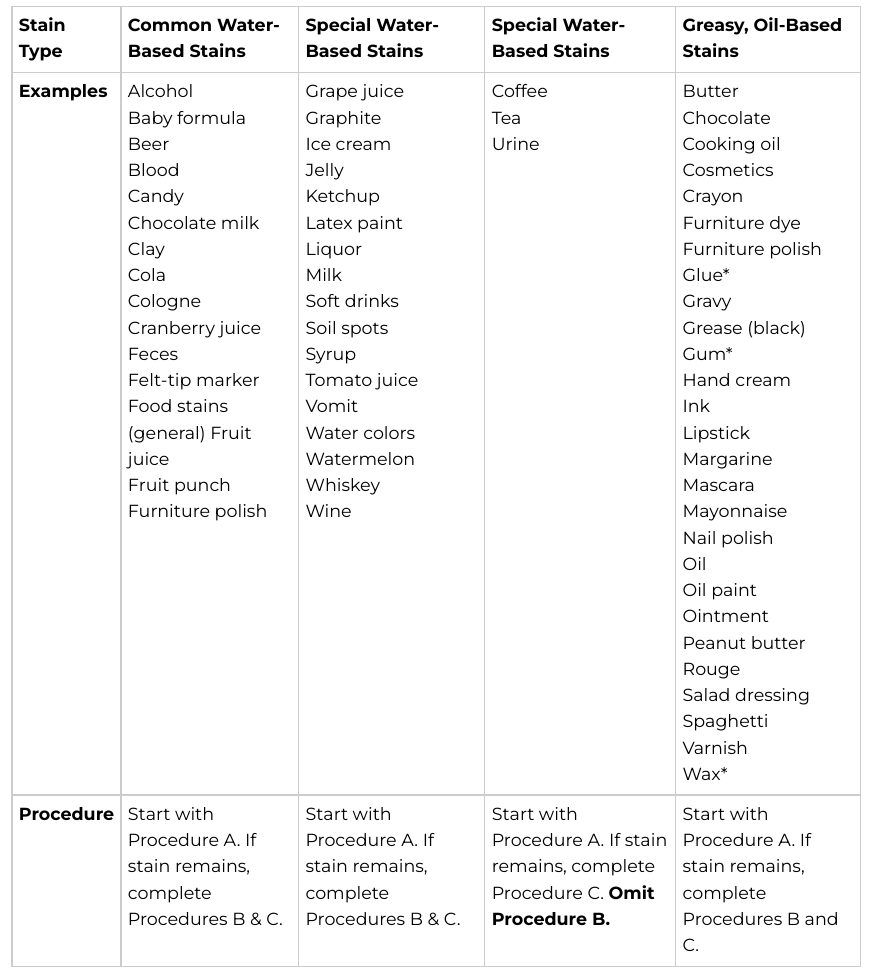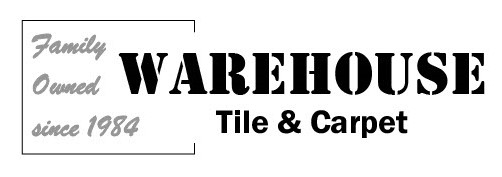Coffee. Red Wine. Ketchup and mustard. Just the mention of these most common stain offenders is enough to send a chill down the spine of homeowners everywhere. And from holidays to birthdays, Super Bowls to March Madness, there is an endless source of get-togethers in your home, with every meal a chance for these offenders to make their way to your plush, soft carpet underfoot. The same carpet that all of your guests rave about!
Whether you have carpet with beautiful uniform color or an eye-catching pattern, one untimely stain can ruin the party. That is, unless you have a game plan for these accidents and an arsenal of the best tips on how to remove most carpet stains. We aim to arm you with some of these life-saving (ok, carpet-saving) best practices to maintain your carpet’s pristine appearance in those sticky situations.
Carpet Stain Removal
If you are in the market for new carpet in your home, you can choose an innovative brand like SmartStrand Forever Clean carpet that will help your living room, hallways and really any room remain stain-free. Permanent stain resistance, advanced spill protection, maximum durability and superior softness make SmartStrand the only carpet made for extraordinary living. In fact, SmartStrand Forever Clean is the only fiber protected by Nanoloc spill and soil shield. Therefore, SmartStrand repels spills and stains as well as dirt and dander before they reach the fiber, preventing spots from ever forming.
If you don’t have SmartStrand carpet, the good news is that most household spills can still be easily and successfully removed from your carpet! Stains have been around since the beginning of carpet, and over the years, procedures have been perfected and carpet technologies innovated to the point where these carpet blemishes really can be erased. First, let’s take a look at the 4 Go-To Stain Steps, then the Common Stains Chart and lastly the Stain Removal Procedures Chart to effectively remove those stains for good.
4 Go-To Stain Steps
When a stain occurs, treatment of the affected area should begin immediately. Stain removal becomes more difficult as time passes! Start with these 4 steps to begin:
- First, use a spoon, dull knife or a carpet cleaning key to remove as much solid material as possible.
- Always work from the outside of stain to the center to prevent spreading, especially with large stains.
- Blot up liquid spills with a white towel or paper towel.
- For best results, try to remove the remaining stain with warm water.
Common Stains Chart
Now it’s time to locate your stain on this handy Common Stains Chart. Different stains require slightly different removal procedures, each fine-tuned to keep your carpet pile dazzling. Procedures A, B & C are designed to do just that, but first- identify your mess-maker!

*Freeze and remove solid materials before using cleaning fluid
Important: Do not use any cleaner with a pH of 10 or higher. Before using, always test cleaners on a small, non-visible area for any discoloration of the pile.
Abnormally large or excessive stains may require hot water extraction method. Professional cleaning is recommended. If stain returns— a condition known as “wicking”— simply repeat stain removal procedures, paying special attention to blotting and removal of all moisture.
Stain Removal Procedures
Once you have followed the 4 Go-To Stain Steps and identified the type of stain you have and the coordinating procedure on the Common Stains Chart, it’s time to carry out the actual stain removal. Procedures A, B & C will help you restore your carpet to all its soft, clean, gorgeous glory! Follow carefully and slowly for best results:
Procedure A (For water-based, special water-based and greasy, oil-based stains)
- Mix a solution of 1/4 teaspoon of clear hand dishwashing detergent with 1 cup of water. Stir gently.
- Apply detergent solution directly to a white cloth. Dampen the carpet fibers in the stained area with the cloth. Avoid saturating the carpet.
- Wipe gently. Turn cloth frequently.
- Never rub, scrub or use a brush. This may damage carpet fibers. If necessary, use your fingertips to work the solution to the base of the stain. Do not oversaturate carpet; use small amounts of solution and blot frequently.
- Wet the stained carpet fibers with clear, lukewarm water to rinse.
- Cover the spot with an absorbent white towel or paper towel and apply pressure to blot.
- Repeat the rinsing and blotting procedures until you are sure all traces of the detergent have been removed.
- If the stain is gone, place an absorbent white towel or paper towel over the area cleaned, and weigh towels down with a heavy colorfast object, such as a weighted plastic wastebasket.
- Change towels or paper towels until carpet dries.
- If stain remains, perform Procedure B - Coffee, tea or urine, skip Procedure B & perform Procedure C.
Procedure B (Do not use on coffee, tea or urine stains)
- Mix 2 tablespoons of non-bleaching, non-sudsing household ammonia with 1 cup of lukewarm water.
- Apply ammonia solution, rinse and blot as outlined in Procedure A.
- Do not dry with paper towels. Follow Procedure C to neutralize the ammonia solution.
Procedure C
- Mix 1/2 cup of white vinegar with 1 cup of lukewarm water.
- Apply vinegar solution, rinse and blot as outlined in Procedure A.
These steps should help you remove the offending carpet stain, but if you’re not completely satisfied, professional carpet cleaning should be able to finish the job.

